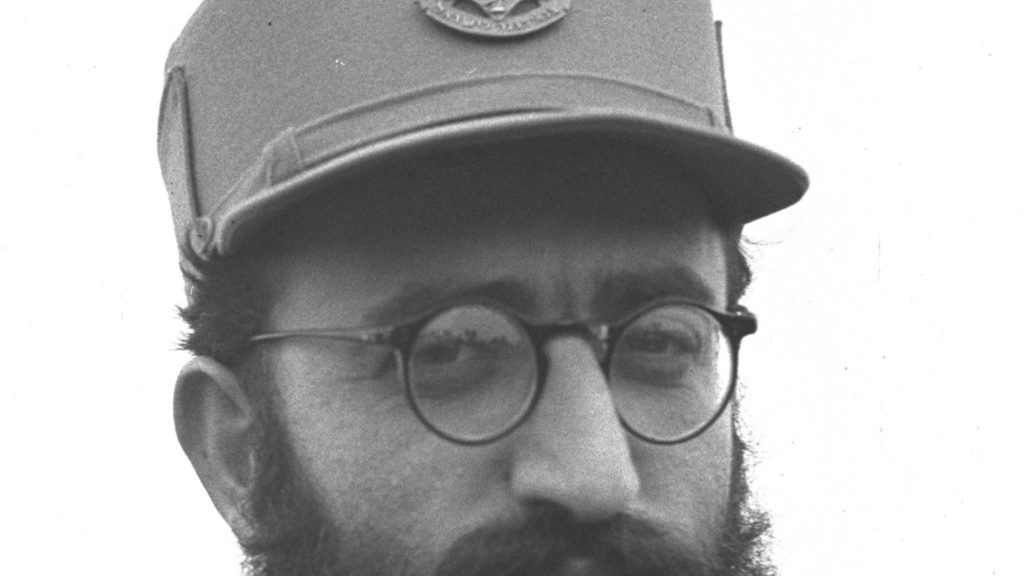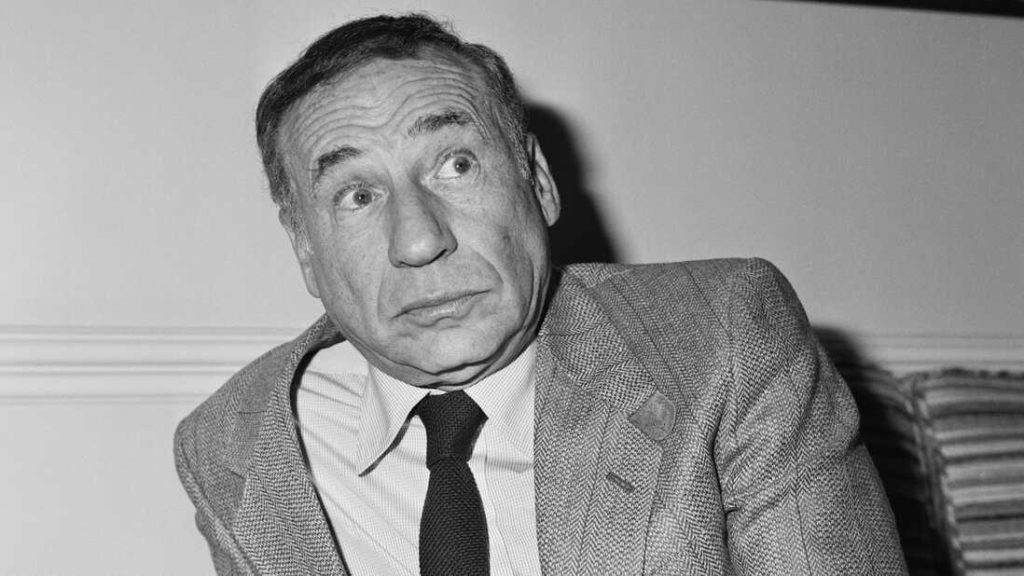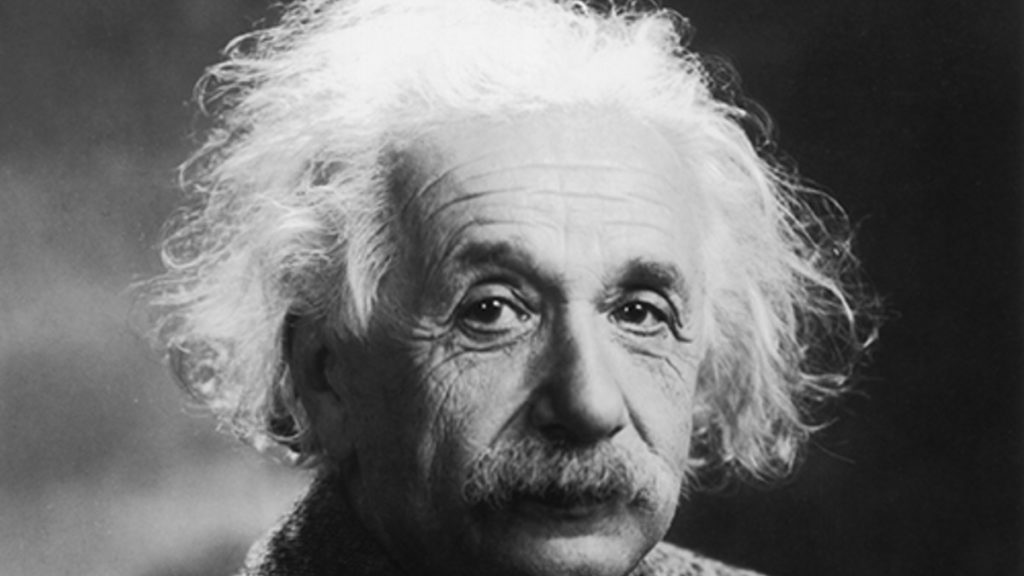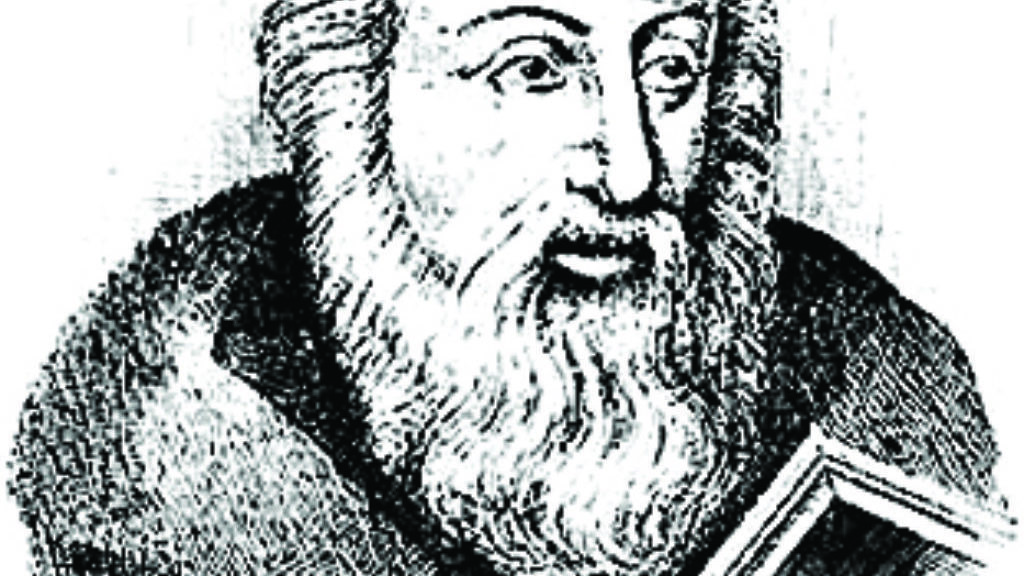Begin’s Jewish Pride
On May 12th, 1977, in the immediate aftermath of his improbable Israeli election victory, Prime Minister-elect Menachem Begin broke down Israel’s long-upheld “secular wall,” as he donned a kippah and told a reporter that he would act as prime minister “in the style of a good Jew.” This mantra reflected the way in which Begin conducted himself throughout his life: as a child, as a soviet war prisoner, as a leader of the Irgun and eventually as prime minister. As we learn from Daniel Gordis’sMenachem Begin: The Battle for Israel’s Soul, Begin’s unwavering sense of Jewish and Zionist pride had been established during his childhood and became even stronger in the face of adversity. Throughout his life, in situations when most people would lose faith and give up on their values, Menachem Begin doubled down on his Jewish pride and Zionism and developed even stronger faith in his beliefs.
Growing up in Brisk, Poland in the 1920s, Menachem Begin was no stranger to anti-Semitism, but his father made sure he would remain proud of his heritage. According to Menachem’s sister, their father, Zeev Dov Begin, drilled four core values into his children. He taught them to always have “respect for others, a love of Zion above all else, pride in being a Jew and confidence, hope and faith in the future establishment of a Jewish state.” Zeev Dov also led by example. These four core values would be a constant throughout Menachem Begin’s life.
In his youth, Begin revered his father for his bravery in the face of anti-Semitism, and very much saw him as a role model for his own life. Zeev Dov Begin was a heroic Jewish figure within the Brisk community. During a string of pogroms in 1905, he created a Jewish self-defense militia. Another time, he attacked a Polish police officer who was attempting to shave a Rabbi’s beard. These brave actions taught Menachem to always fight against anti-Semitism and always help a fellow Jew. Although Zeev Dov’s bravery was certainly admirable, sometimes his strong belief in his freedom of religion caused him to take careless actions unnecessarily. For instance, one time he organized a minyan within the town without attempting to obtain the required government licenses. It seems like such a trivial matter, yet for a proud Jew like Zeev Dov there was no way he would even entertain the idea of a non-Jewish government deciding whether or not he could pray. This mentality of unrelenting Jewish pride no matter the magnitude of the situation would greatly affect Menachem Begin’s worldview.
As a high school student, Begin was often bullied for his short and delicate stature, as well as his Judaism. Despite this he was never scared to stick to and emphasize his Jewish beliefs. On one occasion, he refused to take a Latin test on Shabbat, telling the teacher, “This is my belief, and I won’t write on the Sabbath under any circumstances.” The teacher gave him an F, but, when Begin refused to give in, the teacher backed down and gave him his usual, high grade. Most people would not have been willing to stand up to an authority figure under threat of an F. However, Begin insisted on abiding by Jewish law under all circumstances.
In 1940, Menachem Begin found himself in the city of Vilna after having narrowly escaped the Nazi invasion with his wife. While in Vilna, Begin continued to do his duties as the head of the Polish chapter of Betar, leading to his arrest on account of anti-communist and anti-Soviet activity, or, in other words, Zionist activity. At the beginning of his prison sentence, Begin was forced to sit in a chair in the corner of a room with his knees pressed against the wall for sixty hours and constantly subjected to interrogations. He knew very well that most people arrested by the Soviet police in Vilna never returned. Despite being in such a horrible, life-threatening situation, Begin refused to deny that he had conducted Zionist activities. Rather, he constantly argued that Zionism was not unlawful, engaging in lively debates with his translators and interrogators on this subject. One time, after the end of another interrogation, Begin asked the interrogator to change the transcript of the meeting from saying Begin “confessed” his Zionism, to saying Begin “admitted” his Zionism. Begin thought that “confessed” implied guilt, and he didn’t believe that professing Zionism was a crime. It is astounding that Begin would put himself at potential danger for such a seemingly small matter. In the face of such danger and despite his fear, Begin did not give in and stop believing in his values; rather, he strengthened his hold on them.
The tragic deaths of Menachem Begin’s family in the Holocaust strongly reinforced Begin’s Jewish and Zionist pride, leading to a sort of “any means necessary” mentality. In 1939, Menachem Begin and his wife were able to flee Nazi-occupied Poland aboard a train, leaving both of their families behind. Several years after Begin had first made his way to Israel, he learned that his father had been shot on a death march while leading a rousing group singing of Hatikvah. Begin’s mother and brother had also died. In fact, his whole family had been killed. Begin’s world was falling apart. His father, the man who had taught him that Jewish pride will always conquer anti-Semtism, had been killed by the Nazis. Rather than give up and fall into a depressive state, Begin picked himself up and fought even harder for the Jewish state. Begin would do whatever it took to ensure that such a catastrophe would never happen again.
In 1943, Menachem Begin was appointed as head of the Israeli Irgun, an organization dedicated to defending Jewish lives and the Jewish land. The Irgun had broken off from the larger, older, and more moderate defense organization, the Haganah. Begin’s appointment came during a time of turmoil since, in the midst of the Holocaust, England had issued a five-year quota for Jewish immigrants, under which only 12,000 Jews could settle in the Holy Land each year. Additionally, in 1939, England had issued the Macdonald White Paper, which stated that it was no longer British policy that Palestine should become a Jewish state. At the time of Begin’s appointment, the Irgun had been following the Haganah’s policy of trying to gain favor with the British and refusing to fight back. Begin immediately saw that this relationship could not be sustained. As we know, Begin was an immensely proud Jew and could not bear the idea of another country dictating the sovereignty of the Jewish people, especially when the British were preventing Jewish lives from being saved. Rather than give in to what he saw as a suppression of the Jewish people, Begin once again re-emphasized his Jewish pride, and declared the end of the ceasefire between England and the Irgun, stating that the British “hand our brothers over to Hitler. ” Begin didn’t care that England was a powerful imperialist country and the Irgun was just a small Israeli militia; he would do whatever it took to save the lives of his fellow Jews and protect Jewish sovereignty. Immediately following this declaration, Begin was declared “terrorist number one” by British authorities, and had to go underground to avoid capture. For four years, he hid while conducting the Irgun’s activities against the British.
As prime minister, Menachem Begin’s commitment to and faith in his values was absolute, and unaffected by public opinion. In response to heavy criticism of his decision to stop El Al planes from flying on Shabbat, for example, then-Prime Minister Begin said, “We cannot start calculating profits and losses with regards to an eternal value of am yisrael, for which our forefathers gave their lives- the Shabbat. One need not be a religious person to recognize this. If one is a proud Jew, one will accept it.” Begin’s was certainly never a people pleaser. Not only did Begin refuse to back down, but his explanation was not an attempt to alleviate the concerns of the opposition; rather, it was a further emphasis of his Jewish values. He did not even entertain opposing concerns. Only a man with such single-minded commitment to his values could successfully enact religious policies in secular Israel.
Menachem Begin is tragically often misinterpreted as a violent nationalist Israeli. At his core, Begin was simply a proud Jew who was willing to go to almost any length in order to protect his people. Every time life would get tough, he would get tougher. Nothing could defeat his extreme commitment to his childhood values. The ramifications of his intense Jewish pride are still felt today. He legitimized the idea of Israel as a Jewish country. While maintaining its religious affiliation, Israel today is one of the most technologically advanced countries in the world, with a legitimate place on the global stage. It now also has an Orthodox, kippah-wearing Religious Zionist prime minister in Naftali Bennet. Had Begin not given such credibility to Religious Zionism, the movement could have possibly died, and with it his sense of Jewish pride, which has lasted for generations. Begin’s life was in effect a completion of the work his father had started in the diaspora: a completion of the ages-long dream of returning to Israel.
As a Jewish high-school student, reading Menachem Begin by Daniel Gordis and learning the full extent of Menachem Begin’s heroism was a great experience. His constant love of his Jewish culture is truly inspiring, and made me think of Judaism through a whole different lens. Any Jew can be strong and heroic without giving up his identity and beliefs. I would strongly recommend that any high-school student or young adult Jew struggling with anti-Semitism to read this book to help remind themselves of the power of the Jewish people.
Suggested Reading

The First Religious Paratrooper
Rabbi Shlomo Goren’s autobiography, With Might and Strength, tells the story of a precocious rabbinical student who decided to join the Israeli army and eventually became Chief Rabbi of Israel. By…

All About Mel
In an iconic moment of the 1967 film The Producers, scantily clad dancers dressed as Nazi sturmtruppen move into swastika formation and slowly rotate, surrounded by Third Reich banners and singers extolling the…

Einstein’s Recalculation of Zionism
Walter Isaacson’s 2007 biography of Albert Einstein—Einstein, His Life and Universe—provides a compelling and detailed account of the scientist’s life as well as insights into his scientific and political views.

Rabbi Akiva’s Heroism for Torah
Towards the end of the Second Temple Period, the Land of Israel was in tumult. Following a bloody civil war, the Jews rebelled against the Roman Empire, which had ruled…